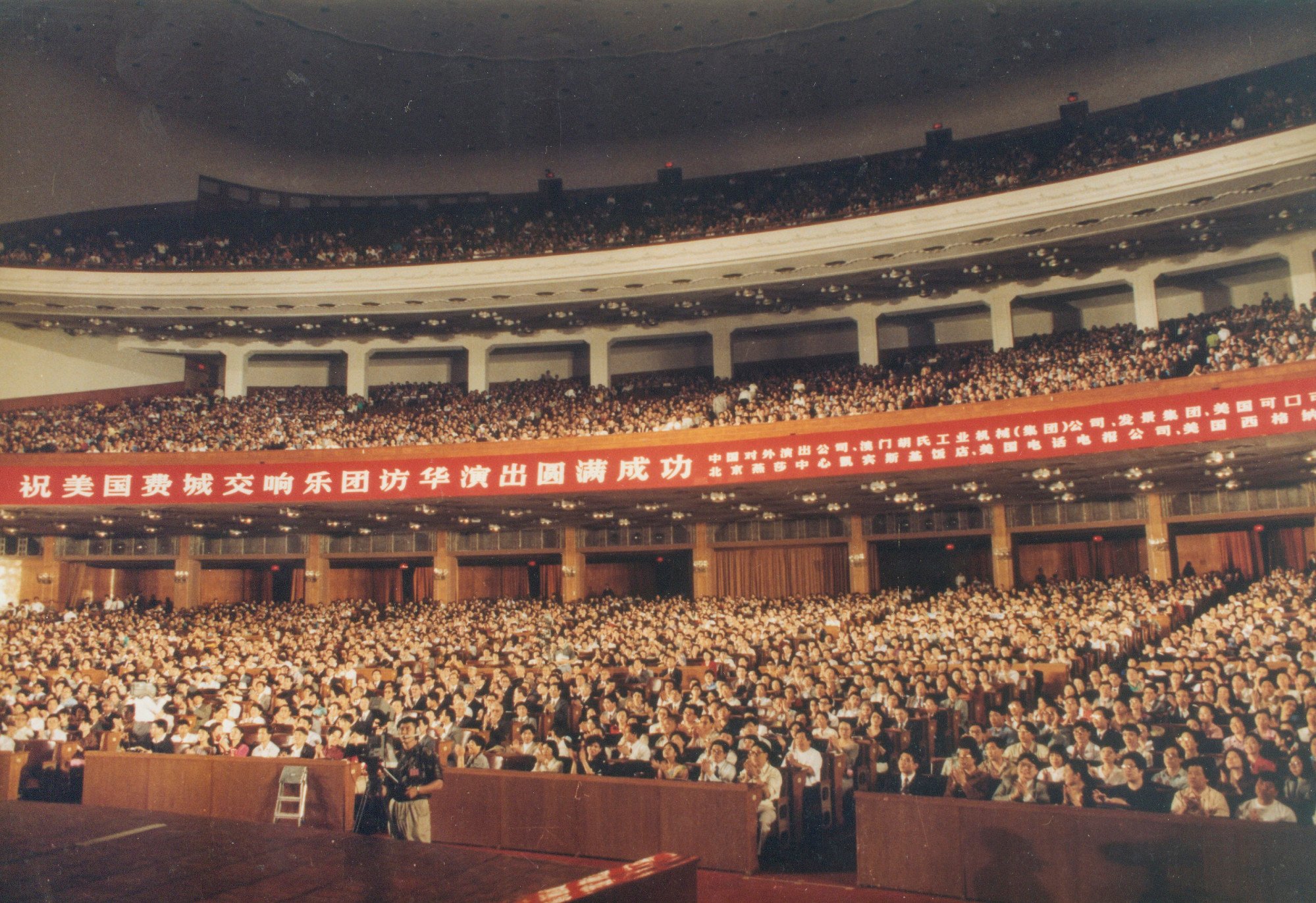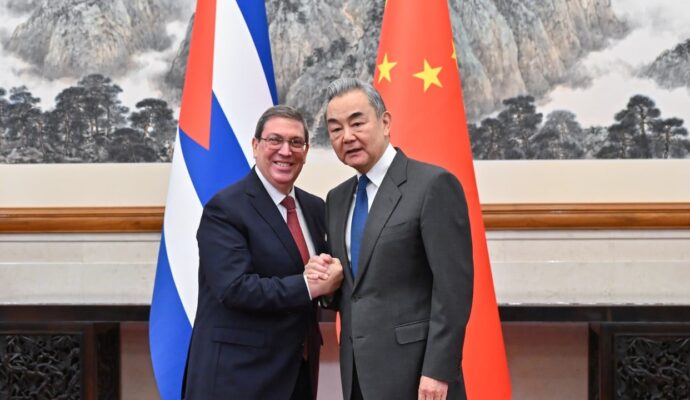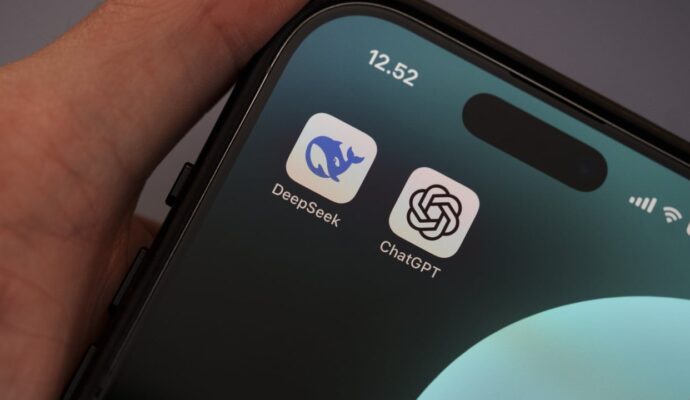When Cathy Barbash first visited Beijing in the spring of 1993, she knew she had an important mission.

Since then, the Philadelphia Orchestra has become a frequent visitor to China. Next week, 14 of its members will travel to the country for activities to commemorate the 50th anniversary of the orchestra’s 1973 tour.
In addition to performances in Beijing, Tianjin, Shanghai and Suzhou, the American musicians will join their counterparts from the China National Symphony Orchestra for a side-by-side concert at the National Centre for the Performing Arts in Beijing on November 11.
It will be the orchestra’s 13th tour in China, and their first since 2019. The anniversary concert is expected to serve as a timely reminder of how cultural exchange can bring together people from the two countries despite political differences.
American Ballet Theatre ‘excited’ about return to China in November
American Ballet Theatre ‘excited’ about return to China in November
Barbash said culture could be used to ease political tensions.
“I’m a very strong believer in cultural diplomacy and its utility in keeping lines of communication open, because culture is humanity and we all share that,” she said.
“Culture provides a safe space to discuss almost anything, even when other avenues between other aspects of our governments might be uncomfortable, we can always talk about culture, we can always share culture, because there is this shared humanity.”
Barbash said her 1993 trip to Beijing taught her a lesson about different ways of communicating.
After landing in Beijing on a chilly March day, she had a series of meetings with officials from the Chinese Ministry of Culture.
Hopes high for Xi-Biden summit as recent US-China diplomatic efforts bear fruit
Hopes high for Xi-Biden summit as recent US-China diplomatic efforts bear fruit
“Luckily, I had friends who are journalists here and they basically explained to me … the best way to communicate and to make sure that something happened,” she said.
They told her not to get angry and to express sadness and disappointment when upset instead, she recalled.
In the US, if a person asks for something repeatedly, it is considered nagging and bad manners. But in China, “you have to keep asking, because if you don’t keep asking, people will just say that it’s not that important”, she said.
“Every half an hour, I asked when are we going to see the Great Hall of the People [and said] I am so sad, I came all this way and it’s so important for the orchestra to be able to play their concert well here.”
On the last day of her trip, after a press conference and a dinner at Diaoyutai State Guest House, her Chinese colleagues sent her off in a car that took her to the Great Hall of the People.
“It was learning that there are different ways of communicating to make sure that different needs are met.”

